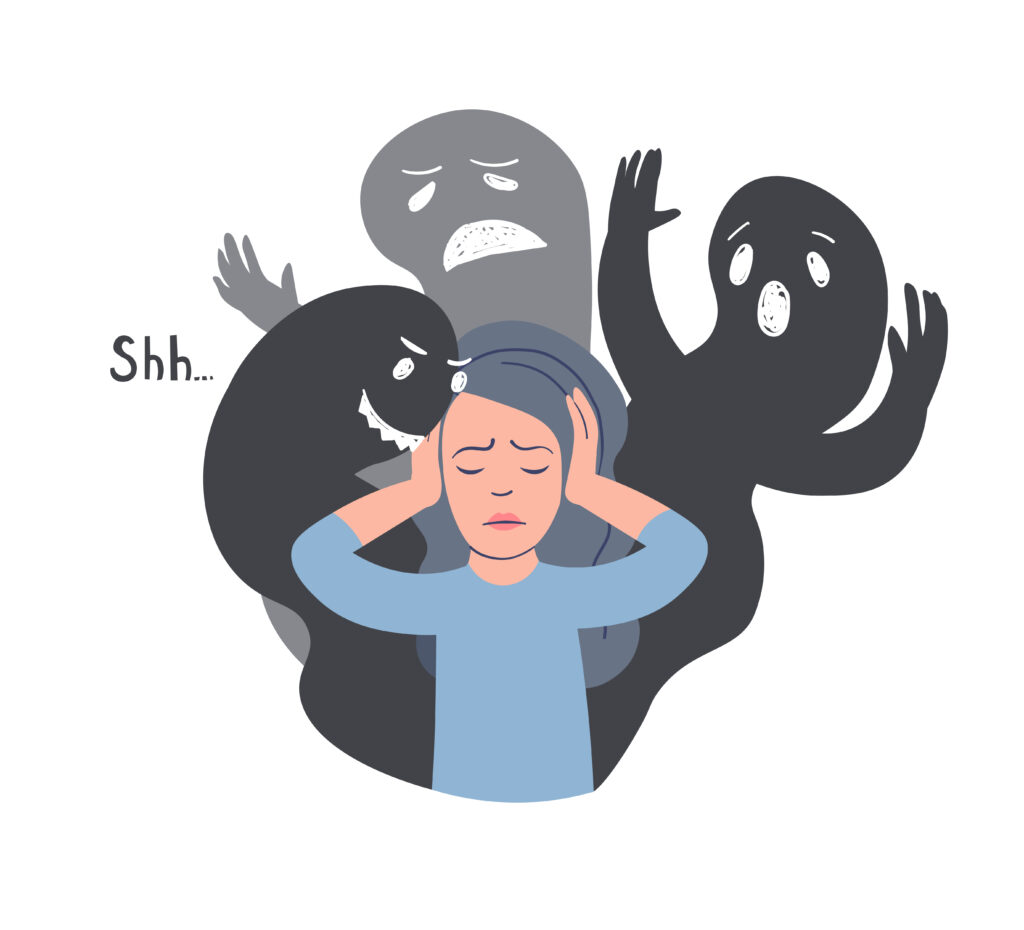
If you’re looking for a psychiatrist “near me” accepting new patients, you likely know how hard it can be to book the first appointment with a doctor on your road to recovering the life you want to live. If you’re going through a hard time or struggling to manage your mental health, it can be challenging to wait days, weeks, or even months in some cases to be seen by a healthcare professional. Fortunately, in the interim period before you can visit with a psychiatrist, there are some self-soothing tips you can keep in your back pocket that may prove to be helpful for managing symptoms associated with stress, anxiety, depression, and other conditions.
So, what is self-soothing? This is a question that many people ask, especially those who are new to Dialectical Behavior Therapy (DBT). Self-soothing is the process of calming yourself down when you are feeling emotionally triggered. It can be done through various techniques, including deep breathing, visualization, and mindfulness. In this blog post, we will discuss self-soothing in more detail and provide some tips on how you can practice it effectively.
What Is Self-Soothing?
Self-soothing is the practice of administering what could be called “emotional first aid” during moments of duress, panic, or sadness. These techniques can ideally be done anywhere, at any time, and with little to no special equipment in order to be most effective. While self-soothing is not an appropriate substitution for clinical psychiatric care, it can work in tandem with a doctor’s recovery plan for you and provide some immediate relief from any symptoms you may be experiencing in the short-term while on your long-term healing journey.
What Is DBT?
Dialectical Behavior Therapy (DBT) is a type of behavioral therapy with roots in Cognitive Behavioral Therapy that was designed to help people who feel intense emotions to regulate their moods. This method is increasingly being used to treat emotional dysregulation due to conditions like bipolar disorder, substance abuse, or even grief. The primary function of DBT is to empower people with the skills to cope with their emotions in healthy ways rather than turning to self-destructive behavior.

Easy Ways You Can Self-Soothe in Times of Emotional Distress
Fortunately, there are a couple of really creative ways to self-soothe should you or a loved one be having a hard time regulating difficult emotions. Especially after the isolation that came along with the global pandemic, more folks had to turn to self-soothing practices, as the comforts of human contact were significantly reduced. Here are some of the top 8 easy ways to help regulate your mood when you’re feeling down and out:
1. Concentrate on your breath. Have you noticed that when you feel anxious, your chest might feel tight and your breathing might be shallow? When we invite slow, mindful breathing, we are offering our nervous system a chance to reset after a stressor has aggravated our anxiety response. There are many different ways you can go about a breathing practice, the simplest of which being slowing down the breath; but individuals may prefer to add counting to the mix, like breathing in for four counts, then exhaling in eight. Another common option is “square” breathing, or breathing in for six counts and out for six counts.
2. Apply self-soothing touch. Sometimes, simply applying your hands to your belly or to your heart can be grounding, as it tethers us to our breath and our heartbeat. Alternatively, you might consider tapping as an alternative method of self soothing, which is the practice of tapping various pressure points along your body with the tips of your fingers.
3. Change your setting. When there’s nothing for it but to leave, a change of scenery can really work wonders. By removing yourself from the stressful situation, you can find ways to reset your thinking by going on a short walk outside to practice mindfulness.
4. Get physically moving. Whether you choose to stretch to loosen up any “stuck” energy or love to grind out any hard emotions through running miles of hills, moving your body can be an excellent antidote to negative thinking, challenging emotions, or both. Sometimes simply twisting in your seat at work is enough of a mental reset to get you back on track again—so don’t underestimate the power of this one!
5. Soak in a bathtub or a hot shower. Now is the perfect time to use any relaxing bath salts you may have. Not only is it nice to feel clean and refreshed, but the warm water will relax your muscles, further allowing you to regain a place of composure.
6. Explore aromatherapy. Even if you just have a couple of essential oils to choose from and a diffuser, this can be a great way to clear the old energy of a room and “reset” your space. Pleasant odors can help ground you in something other than challenging thought patterns or emotions and, while lavender is often cited for stress relief, peppermint can cut through distress quite well and lemon does wonders for uplifting the spirit. For more information on essential oils for anxiety, click here.
7. Light a candle. For some, the presence of a candle is soothing and can be a welcome sight for “sore eyes.” If you are in a place where you cannot light a candle, try looking at soothing imagery like pictures of loved ones, places you’ve traveled, or trails you’ve explored.
8. Listen to music. In the modern age, almost everyone has either headphones, access to the internet, or both! There is almost always some form of soothing music at your disposal if you know where to look. Finding stress-relieving binaural beats, for example, can help take the edge off of any anxiety or discomfort you may be feeling.
Psychiatrist Near Me Accepting New Patients
Whatever hard emotions you’re experiencing, it’s important to try to remember to have compassion for yourself. Sometimes it’s helpful to address yourself aloud and speak to yourself in a way you might speak to a struggling friend. Emotions are not permanent, but they can teach us important lessons—and even the “bad” ones often have something to show us, if we can heed their warnings. By taking control of our negative emotions by applying self-soothing techniques, we can better manage our clinical diagnoses, traumas, or grief and work towards living a fuller life.
If you would like to reach out for psychiatric help in addition to your self-soothing exercises, Delray Beach Psychiatry is here to serve you. Contact us today to make an appointment and begin your healing journey!

